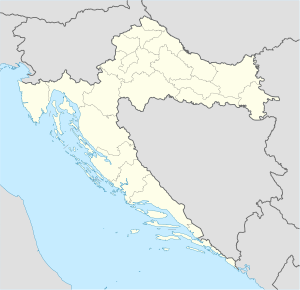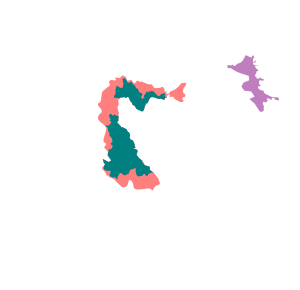The Z-4 Plan was a proposed basis for negotiations to end the Croatian War of Independence with a political settlement. It was drafted by Peter W. Galbraith, Leonid Kerestedjiants and Geert-Hinrich Ahrens on behalf of a mini-Contact Group comprising United Nations envoys and diplomats from the United States, Russia and the European Union. The co-chairs of the International Conference on the Former Yugoslavia, David Owen and Thorvald Stoltenberg, were closely involved in the political process surrounding the plan. The document was prepared in the final months of 1994 and early 1995 before being presented to Croatian President Franjo Tuđman and the leaders of the self-declared Republic of Serbian Krajina (RSK) on 30 January 1995. Tuđman was displeased with the proposal, but accepted it as a basis for further negotiations. However, the RSK authorities even refused to receive the document before UNPROFOR mandate status was resolved. According to later reactions, RSK leadership was not satisfied with the plan.
Three more attempts to revive the plan were made after Operation Flash in early May, when Croatia captured a portion of western Slavonia previously controlled by the RSK. The first initiative, that began later that month, failed because the RSK demanded that the Croatian forces pull back from western Slavonia (which Croatia declined to do). The second attempt failed simply because neither party wanted to negotiate. The final round of negotiations where the Z-4 Plan was proposed by international diplomats occurred in early August, when a major Croatian attack against the RSK seemed imminent. This time RSK leadership seemed more willing to negotiate based on Z-4 plan, but Croatia presented its own demands (including immediate replacement of the RSK with a Croatian civilian government), which were refused. On 4 August, Croatia launched Operation Storm, defeated the RSK and effectively ended the political process which led to the creation of the Z-4 Plan.
Elements of the plan made their way into two proposals on resolving the Kosovo crisis: in 1999 (during the Kosovo War) and in 2005 as a part of the Kosovo status process. Neither was accepted by the parties to that conflict.

